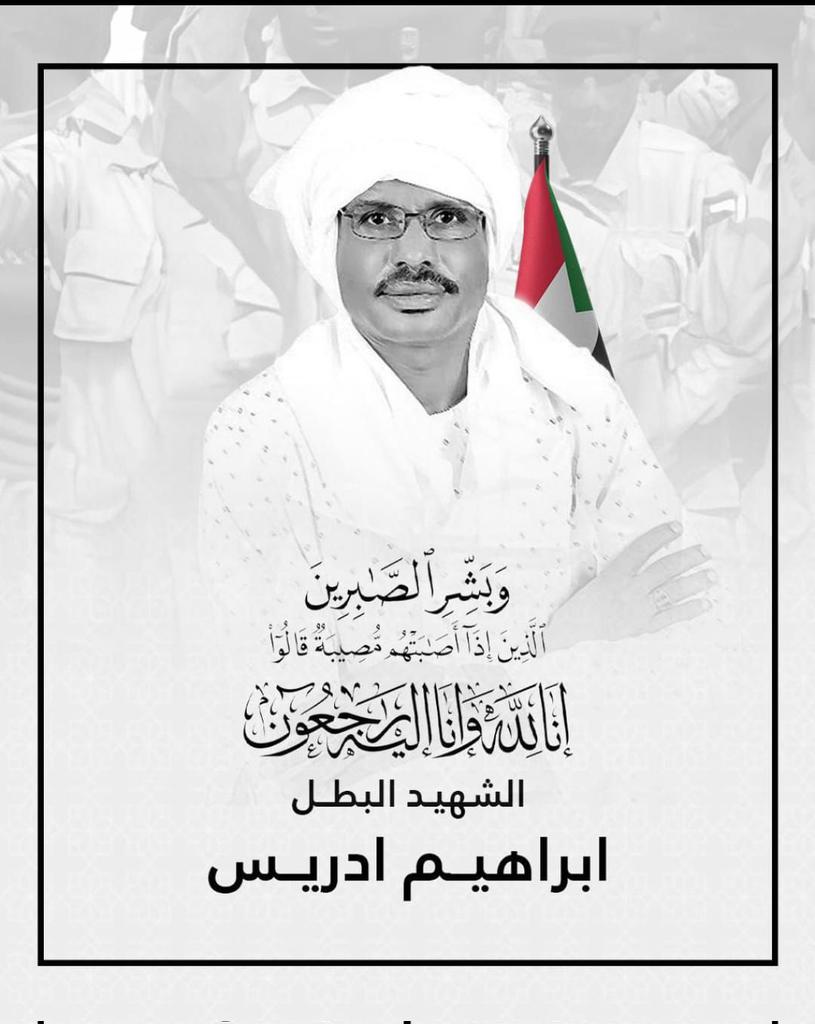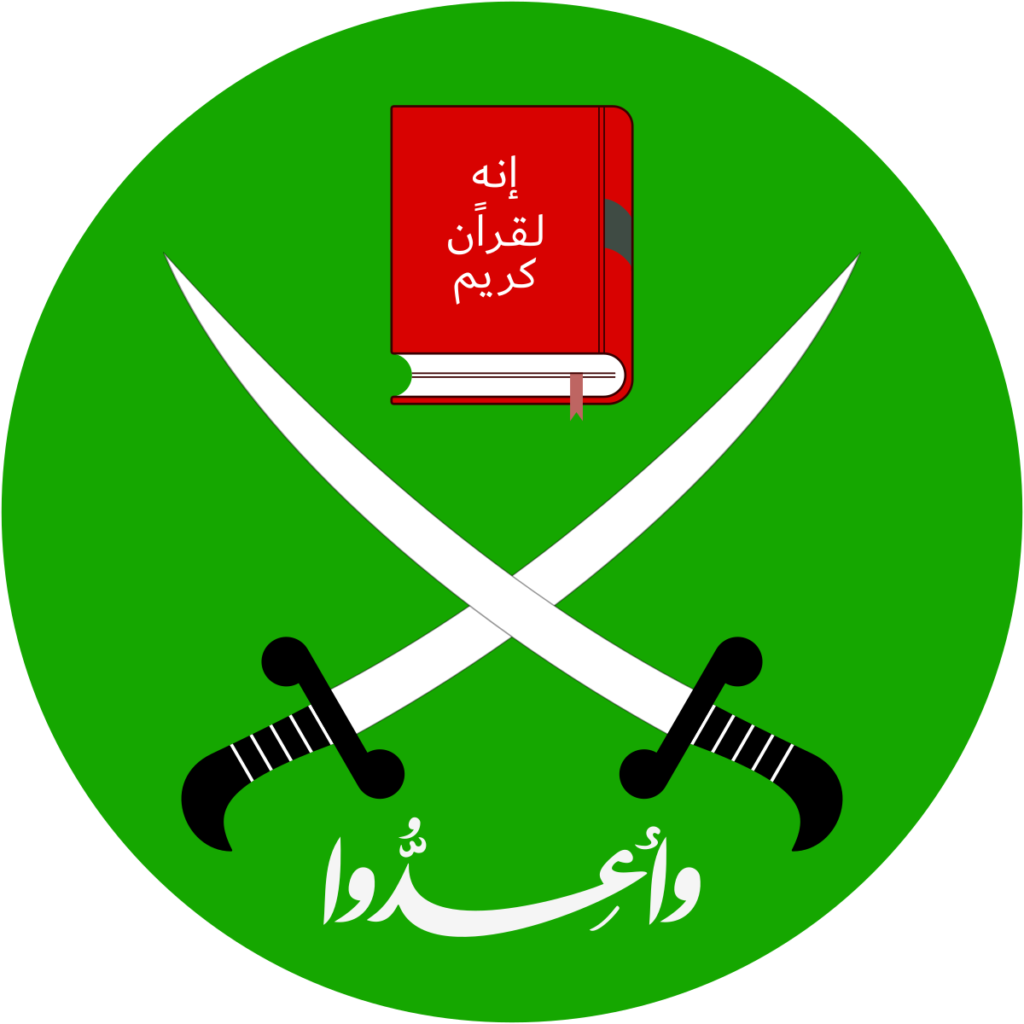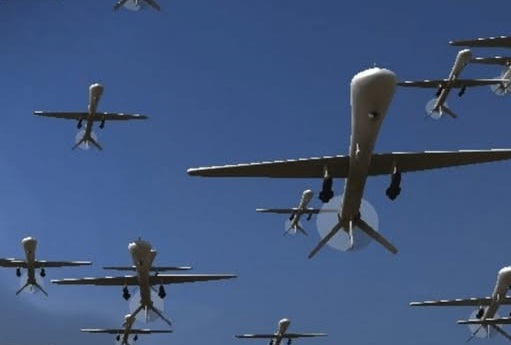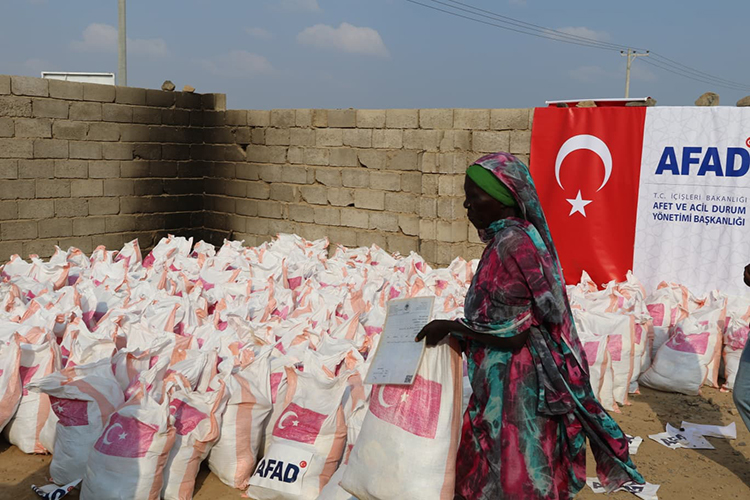
Sudan’s Rapid Support Forces (RSF) in a statement on Thursday said U.S. sanctions against Lieutenant General Abd al-Rahim Dagalo are “regrettable, shocking, and unfair.”
During a visit to the Chad-Sudan border on Wednesday, the U.S. Ambassador to the United Nations revealed that the United States had taken action against Lieutenant General Abd al-Rahim Dagalo due to his alleged involvement in human rights violations amid the backdrop of continued violence in Sudan, prompting hundreds of thousands of refugees to seek safety in neighboring Chad.
The group said that sanctions are based on “allegations of violations that occurred in different regions during the war,” and the U.S. decision to impose sanctions was taken “without an accurate and transparent investigation.”
Calling the sanctions a “selective decision,” RSF said that sanctions will not help achieve a “comprehensive political solution, transitional justice process that leads to justice for the victims or building of sustainable peace.”
“The resolution selectively ignored the large-scale egregious violations committed by the Sudanese Armed Forces and the terrorist brigades of the defunct regime through air and artillery bombardment, the arrest of anti-war civilians in various parts of Sudan, the starvation and torture of detainees, and the violation of the no-fly zone in Darfur by the continuous aerial bombardment of the civilian population in Nyala.”
RSF also criticized the U.S. allegation that the group’s commander for West Darfur was responsible for the killing of the state’s governor, calling the allegation a “shameful step” that did not follow the basic norms of an investigation and for ignoring the call of RSF to conduct an independent international investigation regarding the killing of the West Darfur state’s governor.
“The US Treasury’s decision to put the cart before the horse not only complicates the transitional justice process; It also makes it difficult to achieve comprehensive peace in our country.”
RSF also cautioned America, saying, “selective decisions will inevitably cast a negative shadow on the role of the United States as a mediator, which from our point of view is very important.”
Sudanese group said that its deputy leader Abd al-Rahim Dagalo, target of U.S. sanctions, had “played a major role in reconciliation between tribes, combating hate speech, and worked around the clock to restore democratic rule in Sudan.”
“The RSF reaffirms that it has been steadfast in its declared position since the beginning of this war by addressing its root causes and conducting comprehensive operations to achieve justice in the context of a solution.”
War broke out in Sudan on April 15 – four years after a popular uprising ousted dictator Omar al-Bashir. Tensions between the army (SAF) and RSF, which jointly removed him from in a coup in 2021, erupted into fighting over a plan to integrate their forces as part of a transition to civilian rule.
According to the United Nations, since April, approximately 380,000 refugees, predominantly women and children, have sought refuge in Chad due to the conflict. Furthermore, hundreds of thousands have also fled to countries including the Central African Republic, Egypt, Ethiopia, and South Sudan.




